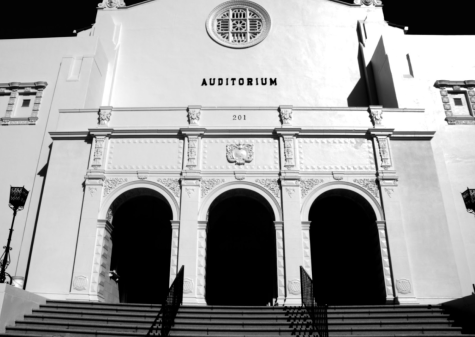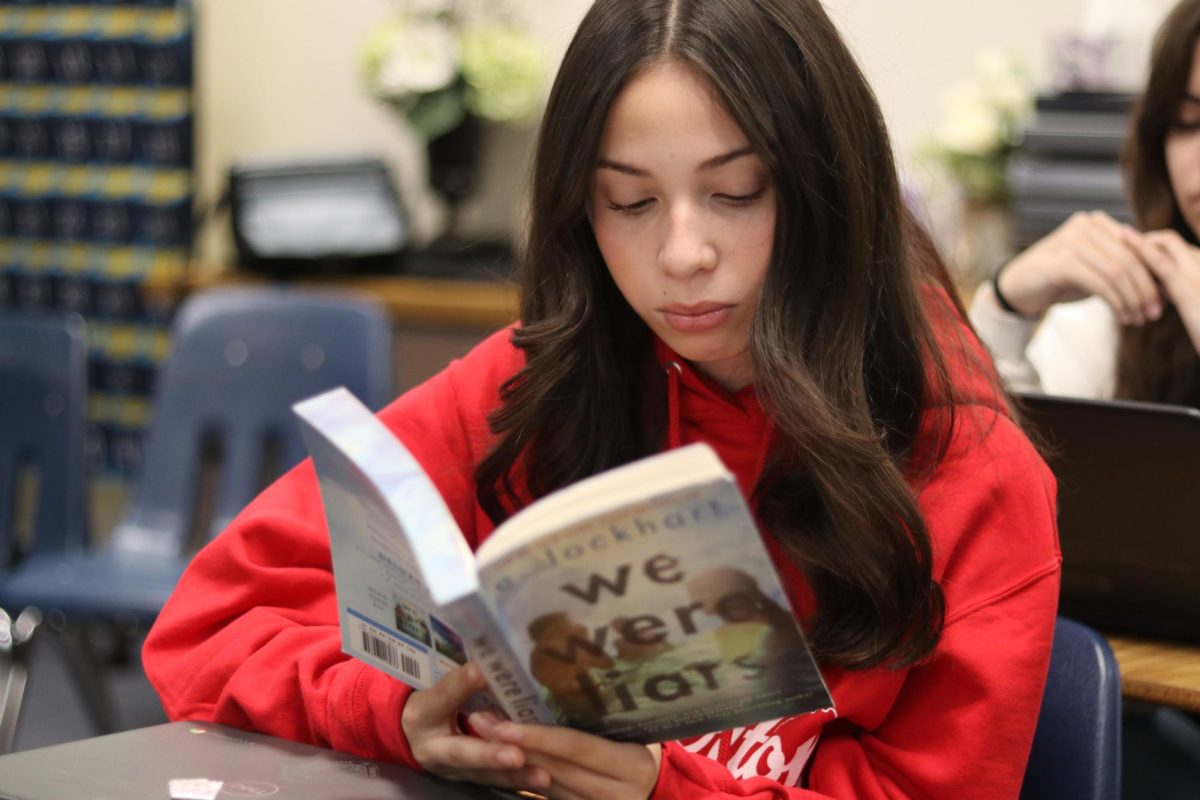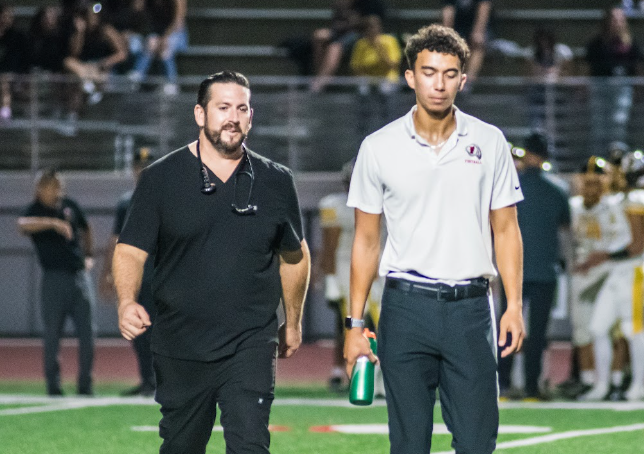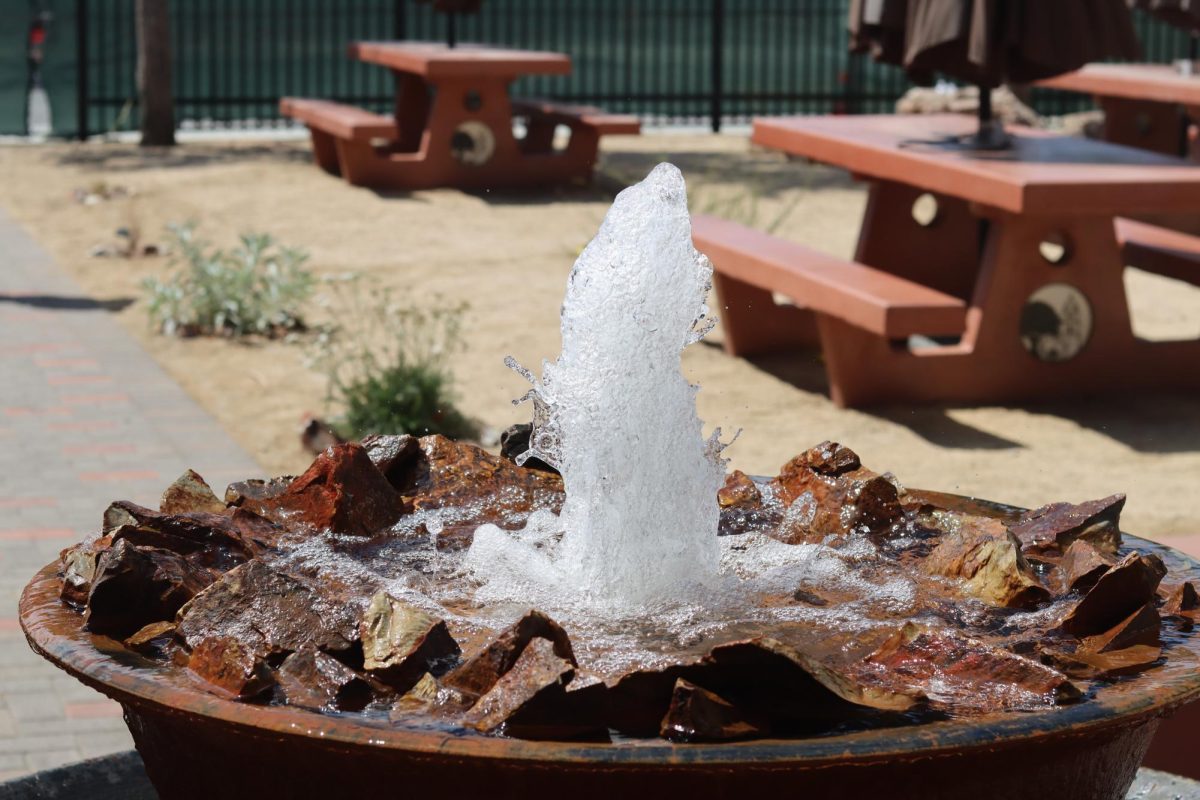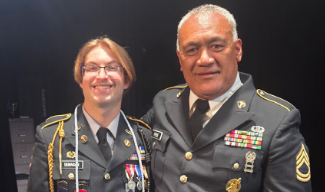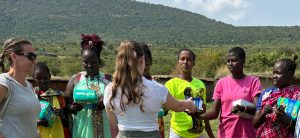
“I asked a local villager, ‘Why are these kids not in school?’ He said, ‘Well, they don’t have a pen.’ He explained that although their school fees were covered, Ethiopian children could not attend school without supplies,” said French teacher Alexandra Walker. “‘Okay,’ I said. ‘Let’s find a store.’”
This no-pen-no-school revelation was one of the most transformational moments for Walker during her travels several years ago. Walker and her family indeed found a store where she purchased boxes of ball-point pens. They distributed them to groups of children in Ethiopia and watched each child run off to school. “It was so simple,” she said.
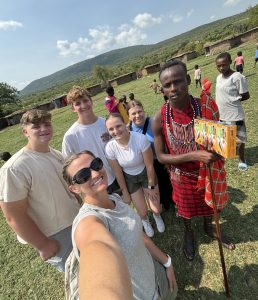
When Walker started planning her summer trip to Kenya, Tanzania, Rwanda and the Democratic Republic of the Congo this year, she reached out to local experts to ask what prevented children from attending school in each area. Like in Ethiopia, the children in Kenya needed school supplies. Some children needed underwear. She also learned that girls were in need of menstruation products.
Walker explained that some girls have only been recently given access to an education, but they often miss about a week of school each month because they do not have access to adequate period products. Walker asked the former FUHS Period Club adviser Kimberley Harris about the best places to buy pads in bulk. Instead of giving shopping advice, Harris opened her classroom cabinets and gave Walker about 400 pads to take to Kenya. The products had already been donated by Fullerton NHS students, so Harris was able to give Walker the surplus.
“The Period Club’s mission is to educate about period poverty and to advocate for equity,” Harris said. “Mrs. Walker’s trip and desire to donate menstruation products was a great opportunity for the club to effect change.”
Walker and her family donated most of the products to a Maasai Mara tribe in a nomad village where the women build huts for their families out of mud and sticks. Inside each hut is a small area where they cook over an open fire. “They start the fire with sticks, no lighters,” she said. “They have two rooms, one for all the children and one for the parents.”
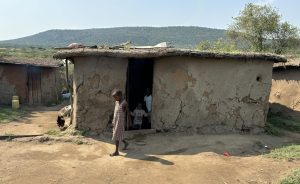
“The smaller children can’t contain their excitement. They would run along the car and hold our hands when we were walking,” she said. “They couldn’t wait to show us everything about their lives—the games they played, their baby siblings, their jumping tricks, how they make fire and contribute to their families.”
Although education is rare, Walker says their government is trying to increase school participation. Therefore, some of the younger people spoke English. When she visited a school in the city, she was able to send a student out to buy more pens which made the students excited and grateful. “They wanted to show us their work, like, ‘Look at my notebook. This is what I’m learning.’ They were so excited about school.”
Walker also purchased several hundred pads in Nairobi where she donated the products to school children and to a women’s shelter. Walker wasn’t the only one trying to make a difference. She met a woman in a Nairobi slum who had made it her mission to help young women escaping violence by providing shelter.
“She had ten women in those beds with their children. They were teen moms who had been trafficked, raped or abused,” said Walker, who donated diapers and extra feminine care products for new mothers.
Walker saves money throughout the school year to be able to travel with her children. “When my kids were young we went to Peru. We donated clothes to an orphanage in India.”
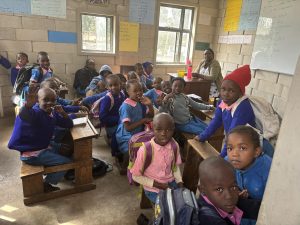
She said that whether it’s a pair of new underwear for a child at an orphanage or pens and pads in Africa, there is nothing like the feeling when you are contributing to someone who genuinely is in need. “When I ask my kids the things they remember about our travels, these tiny moments are things that imprint on their hearts forever.”
But Walker emphasizes that students don’t need to travel to Africa to help people. She said she was impressed with girls soccer coach George Maisterra last year. There was a student who couldn’t afford shin guards or even socks. “The coach collected cleats and all her soccer gear,” she said. “It would be good for players to say, like, ‘Hey, I’m getting rid of these football gloves or these cleats. Is there anyone who could use them?’”
“There are students you sit next to in class who might need something small,” she said. “I think if we open our eyes, we can see more that there’s need in our own school community.”

